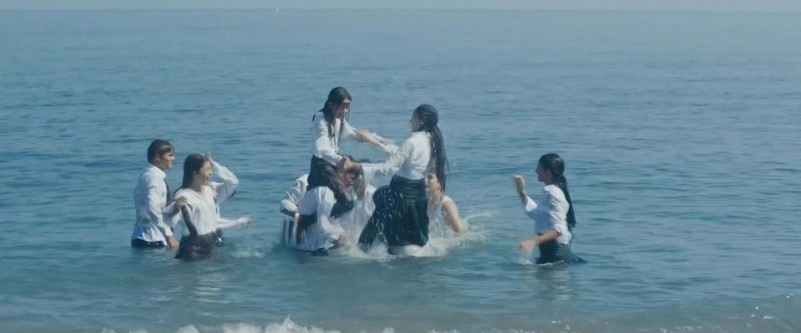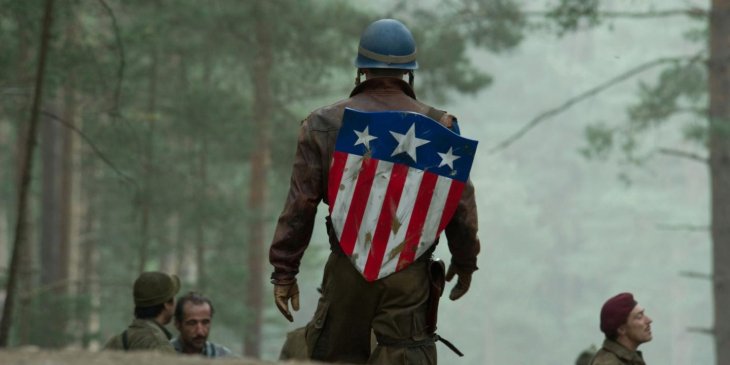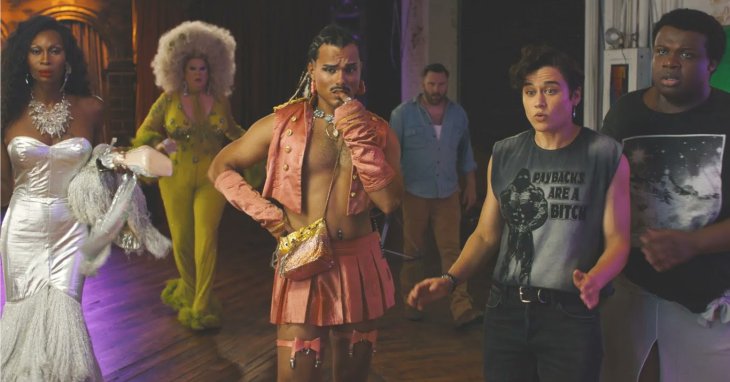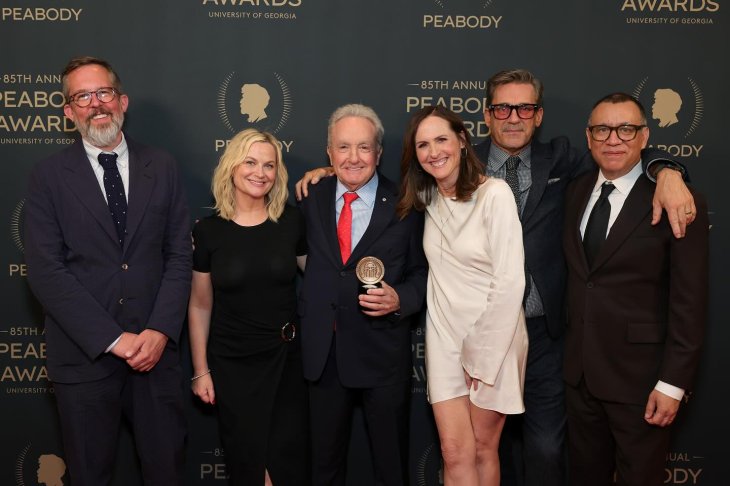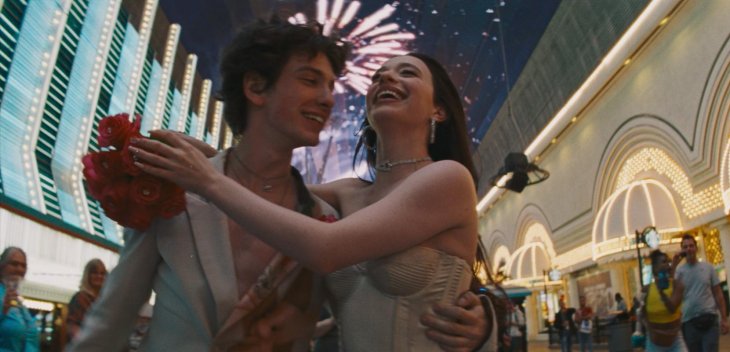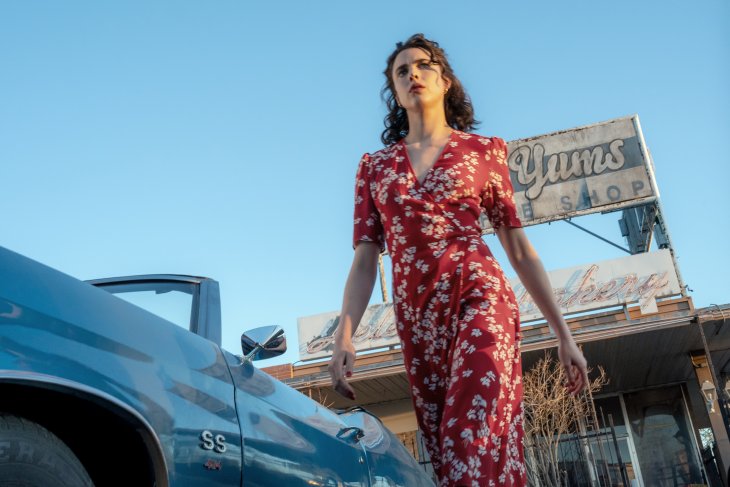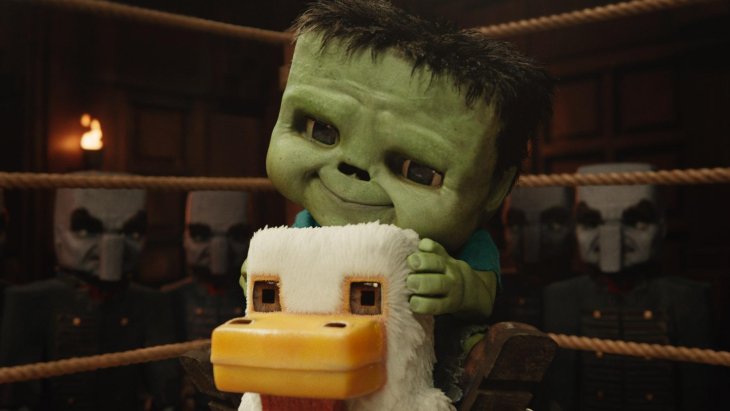
BY JOHN PAUL KING | Though director Deniz Gamze Ergüven’s debut feature is officially French, it was filmed in Turkey, with Turkish actors, and tells an entirely Turkish story. It was backed by money from both France and Turkey, but also from Germany and Qatar.
Regardless of how many nations may lay claim to it, “Mustang” is a film that rightly belongs to the world.
Set in a small village on the coast of the Black Sea, it focuses on five young, orphaned sisters who are being raised by their grandmother and uncle. One day after school, the girls decide to walk home along the beach, stopping on the way to play in the waves with a group of male schoolmates. Though their frolic is innocent, they are seen by a neighbor who deems it indecent and reports it to their family. To avoid a scandal, the girls’ uncle turns them into virtual prisoners in their own home.
Kept behind locked doors, removed from school, and made to wear drab clothing, they find themselves being groomed for the sole purpose of becoming suitable wives. It’s a traditional destiny for the young women of their community, but these free-spirited girls (particularly the youngest, Lale) bristle against it, and they begin to seek every opportunity they can find to escape.
The screenplay for “Mustang” was co-written by Ergüven with fellow filmmaker Alice Winocour. They met at the Cannes Film Festival in 2011, where Ergüven was trying unsuccessfully to develop a planned film project about the Los Angeles riots. Winocour suggested trying something on a smaller scale, and the two began to collaborate on the script.
Ergüven who is French but Turkish-born, had experienced a incident similar to the one which begins “Mustang,” in which she was punished by her family for her unwitting violation of gender mores, and with this memory as a point or entry, the two women crafted a delicate story which is at once a coming of age tale about girls on the brink of womanhood and a passionate exclamation against the subjugation of femininity within the deeply conservative traditions of male-dominated cultures.
That doesn’t mean that the resultant film is a dour or depressing affair, though. On the contrary, the heavy-sounding political subtext within “Mustang” is all the more powerful precisely because Ergüven keeps it from dominating her movie. Instead of making the story a vehicle for feminist rhetoric, she crafts it almost as a contemporary fairytale; her protagonists are more like captive princesses than victims of societal oppression.
This is largely achieved by point-of-view; Lale serves as the movie’s occasional narrator, which places her at the center of the proceedings and allows even the darkest elements to be perceived with the freshness of innocence rather than the self-righteous anger of experience. Through this prism, the bars to the girls’ freedom (both physical and metaphorical) are obstacles to be overcome instead of instruments of oppression, allowing an undercurrent of hope to pull us through the bleakest moments towards the promise of inevitable freedom.
Lale is frustrated, but never despairing, and the strength of her determination keeps the film from becoming a lament.
It’s not just Lale, though. All of the five sisters, in their own way, represent the rebellious, wild nature suggested by the film’s title (“Mustang” was chosen from the list of all the names for wild horse the world over). They defiantly confront the neighbor who has accused them of immorality, they tear off their dowdy garments with relish when left in private, and they continually find ways to challenge and undermine the dictates of their stern guardians.
Nor are they alone in their dismissal of conservative strictures; there are several figures throughout the film who stand apart from the repressive traditions of this community, though- like the sisters- we are only offered relatively brief glimpses of this alternative viewpoint.
The film’s biggest challenge to the culture it portrays, though, comes from Ergüven herself; she rebels against it in the very act of exposing it to a larger world. Not only does she show us things that rattle us to the core of our western sensibilities (such as a scene in which a young woman is taken to a doctor in the middle of the night because she has failed to prove her virginity by bleeding during the consummation of her marriage), but she defies its cultural mores by frankly presenting subject matter it views as “indecent.”
Crude language, semi-nudity, the suggestion of sexual abuse- all these are among the reasons her film has sparked outrage in her native Turkey. It has also sparked an equal amount of admiration, and that is proof enough- as if any were needed- that “Mustang” is a timely work of cinema, striking a strong chord in a world still hungry for freedom.

